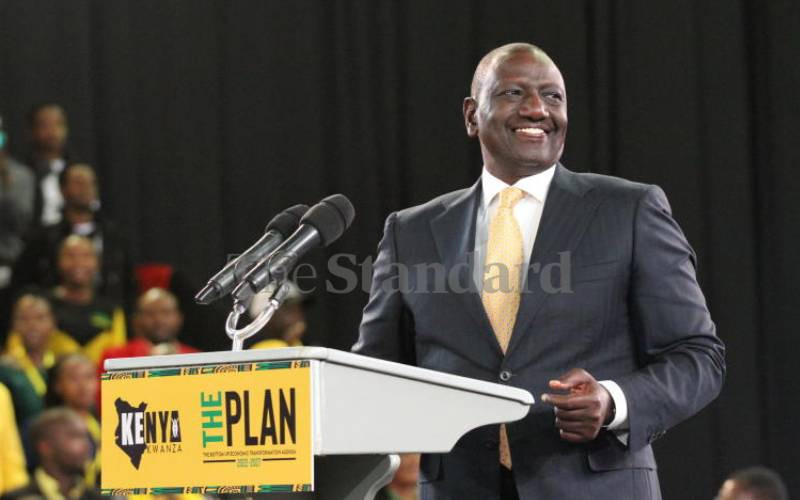×
The Standard e-Paper
Fearless, Trusted News

The short-term pledges President William Ruto made both during the campaigns and in the Kenya Kwanza manifesto have made him look more like a master of doublespeak.
He tirelessly rallied Kenyans to reject the Finance Bill 2022, which had proposed to increase VAT on petroleum products from eight to 16 per cent, calling the measures punitive and insensitive.